Obituary: Former Speaker Dhungana's 2021 reflection—"Death is a natural part of life"
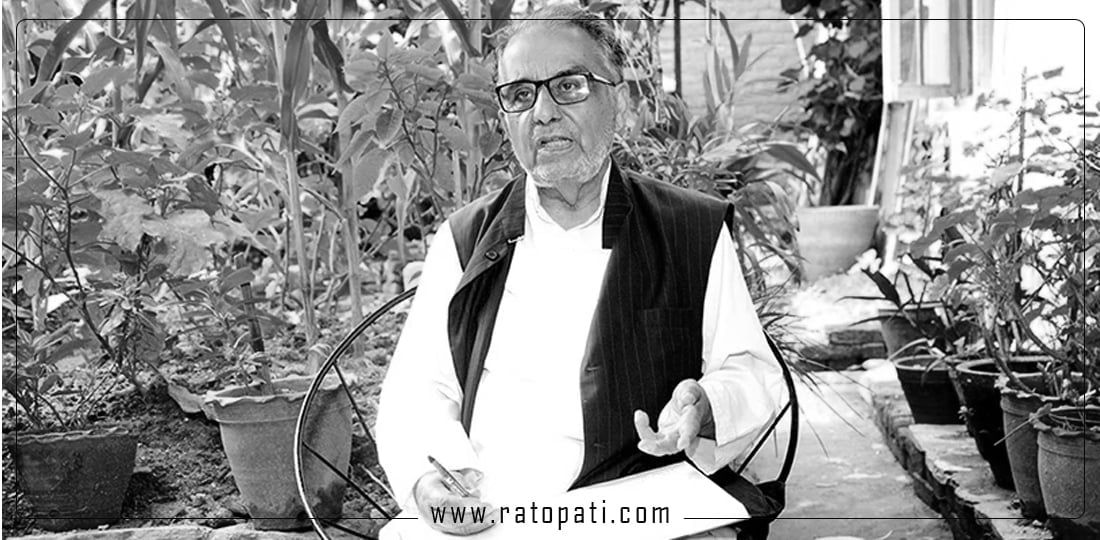
Kathmandu, November 17 — Former Speaker Daman Nath Dhungana passed away on Sunday at the age of 83. He had been suffering from various health issues and passed away during treatment at Kathmandu's Front Line Hospital.
Dhungana, also a senior advocate, served as Speaker of the House of Representatives from 1991 to 1994. He played a crucial role in bringing the then-rebellious Maoists into the peace process.
The late Dhungana gave an extensive interview in August 2021 for Ratopati's "My Life" column, discussing his personal life. At the time, he remarked, "Death is natural. One must die after being born. I do not view it as something extraordinary."
Dhungana was the first Speaker under the multiparty parliamentary system. He was elected to the House of Representatives in the 1991 general election from Kathmandu Constituency No. 2 as a candidate of the Nepali Congress. During his tenure, his role in implementing the parliamentary system remains noteworthy. However, in the 1994 election, he was defeated by former President and UML leader Bidya Devi Bhandari in Kathmandu-2 and gradually distanced himself from active party politics.
Dhungana also gained prominence as a civic leader and human rights activist. He played a pivotal role in the first talks between the government and the Maoists. He was instrumental in bringing the Maoists into the peace process, acting as a mediator.
Dhungana was active during the Second People's Movement participating as a civic leader at the forefront. Though he was not actively engaged in Nepali Congress politics, the party nominated him to contest the 2017 general election from Bhaktapur Constituency No. 2. He was defeated by UML's Mahesh Basnet.
The interview with Dhungana published on August 14, 2021 in Ratopati's "My Life" column has been updated and republished.
Politics
"I consider myself a rebel. After 1960, I was one of the earliest individuals to establish the Free Students’ Union. I was also one of the founders of the Nepal Students Union (NSU). After the NSU was founded, I began practicing law. I have been engaged in the struggle for democracy since 1960, initially through student movements.
I served twice as secretary of the Nepal Bar Association and as president of the Supreme Court Bar Association. These were platforms for advocacy rather than political engagement. Even during the Panchayat era, I raised my voice against the state and in favor of democracy and multiparty systems.
After 1990, I became an ideological founder of the NSU. I have been fighting for democracy since 1960, although I am no longer active in party politics."
Reflections on leadership
"I was elected to the House of Representatives in 1991 from Kathmandu-2 as a Nepali Congress candidate and became the Speaker. I contested again in 1994 but lost. More recently, I contested from Bhaktapur Constituency No. 2 but could not win.
Since the start of the Maoist insurgency, I advocated for peace. I was one of the first civilians to urge the Maoists to abandon weapons, seek public trust, and join democratic governance. I acted as a facilitator in several rounds of negotiations with the Maoists. After the 2006 People's Movement, I continued to mediate the peace process.
I never sought positions in the party or the government. Beyond my role as Speaker, I have not accepted any state benefits or privileges."
Dreams
"My dream is that our future generations will not have to fight for democracy again. Unfortunately, democracy today is unstable. Since 1950, we have been fighting, drafting new constitutions, discarding them, and drafting new ones again.
The constitution drafted by the Constituent Assembly has also faced rejection and criticism. The parties that fought for change and drafted the constitution have failed to honor it. Stability remains elusive.
The youth of Nepal are still fighting for their rights and democracy. My hope is that they can live dignified lives without having to wage these battles."
Struggles
"My lifelong campaign was for an ethical and corruption-free nation. Nepal could have become a developed country if we had adhered to principles and avoided internal conflicts. The country's resources remain untapped.
Personally, I have no regrets, but it pains me that Nepal has not progressed as it could have. Yesterday, it was the monarchy versus the people; today, it is the people versus each other. This deeply saddens me."
Regrets
"I don’t feel I have made any mistakes in my life. However, if anyone thinks I erred in fulfilling my duties, I cannot deny it. Mistakes are human, but I have lived a simple life without chasing positions or wealth."
Lifestyle
"I began my legal career in 1971 and actively practiced law until the 1990 People's Movement. I advocated at the Supreme Court but never held a salaried job."
Marriage
"I had a love marriage in 1971. I was practicing law while my wife was still studying. We met through relatives, and our meetings gradually increased, leading to marriage with family consent."
Food
"I enjoy traditional Nepali meals like bread and vegetables. My favorite vegetables are pumpkin tendrils and onions. While I haven’t quit eating meat, I consume less than before."
Health and Fitness
"I manage my fitness through regular walking and simple exercises. I don’t use fitness equipment but stay active naturally."
Clothing
"My favorite attire is a kurta-pajama. While I wore the national daura-suruwal during my tenure as Speaker, I now prefer simpler outfits at home."
Books and Reading
"I love reading, particularly books on political philosophy, state governance, and constitutionalism. I am currently reading a collection of writings on federalism in the United States."
Hobbies
"Traveling was once a passion, but I haven’t traveled in two years. I’ve visited several countries, including SAARC nations, Europe, and the U.S., and wish to explore more developed countries to understand their growth models."
Final thoughts
"Death is natural. After birth, one must die. I have never seen it as something special."





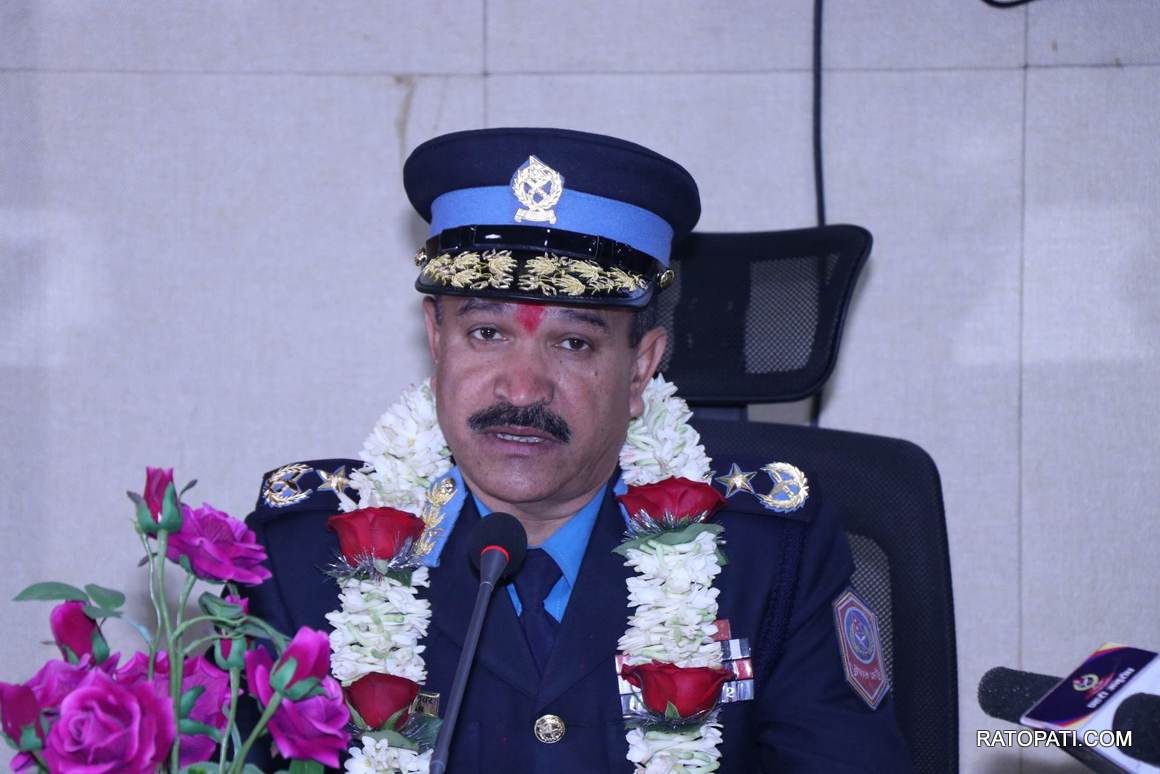
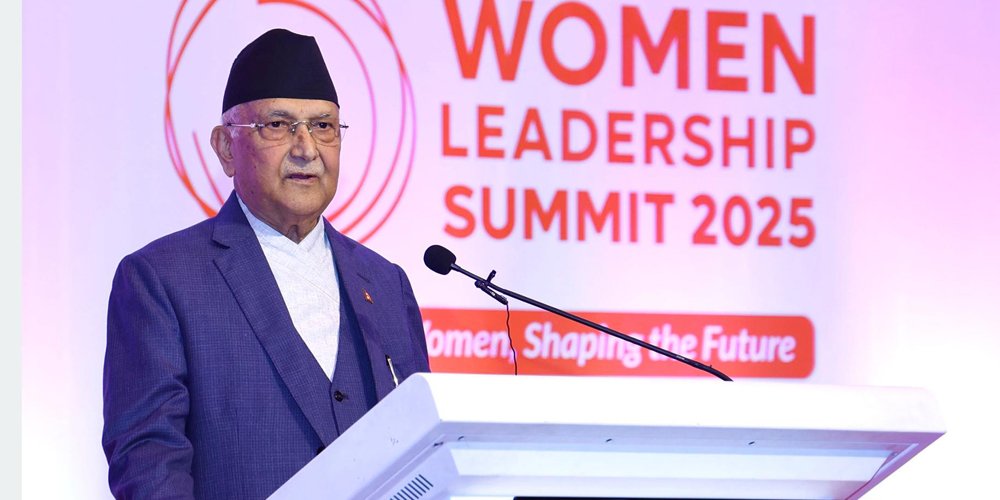
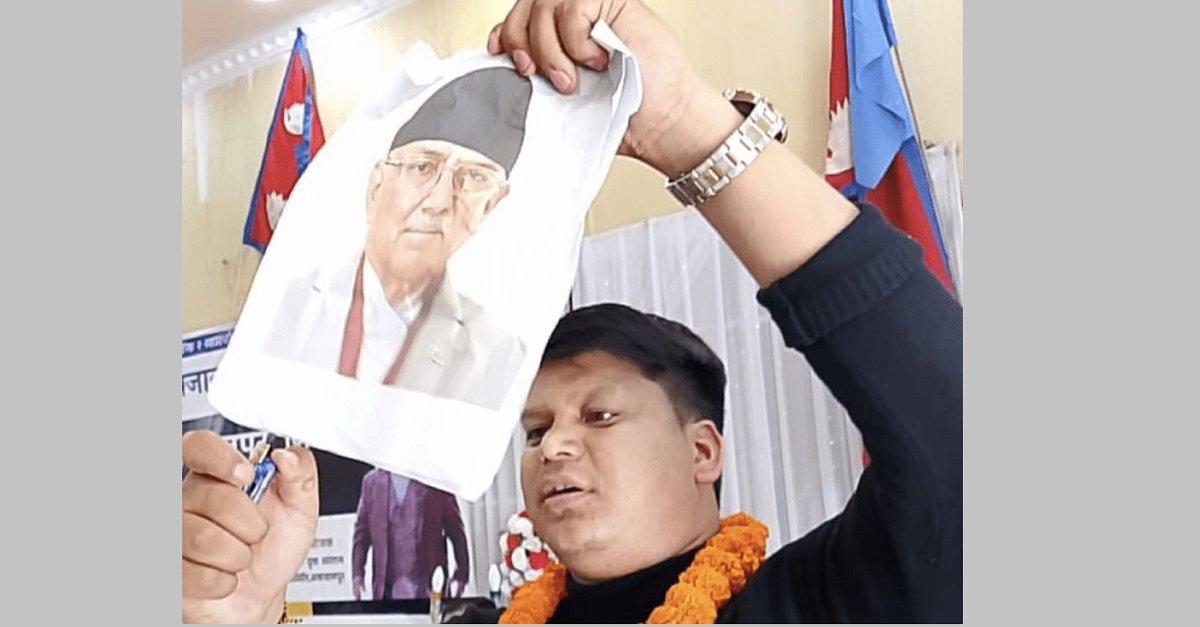
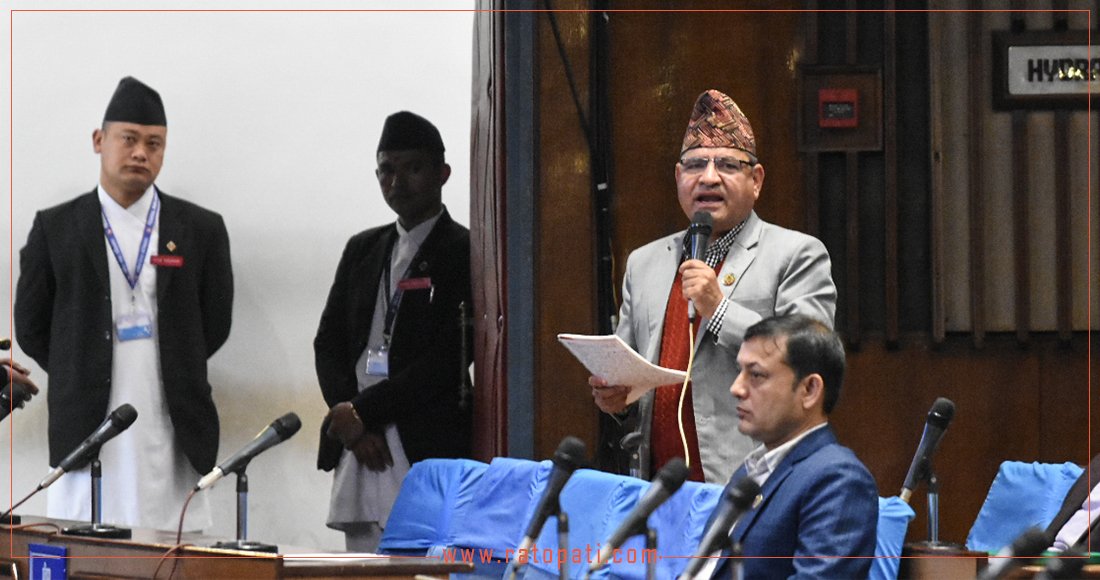
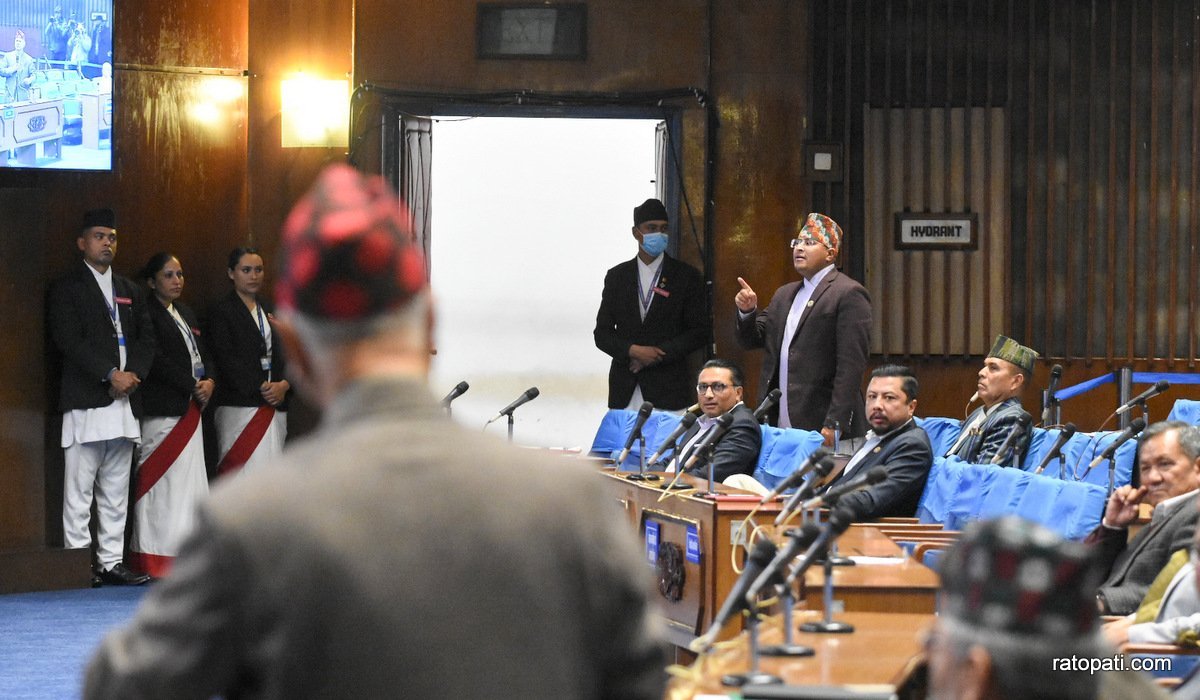
Leave Comment